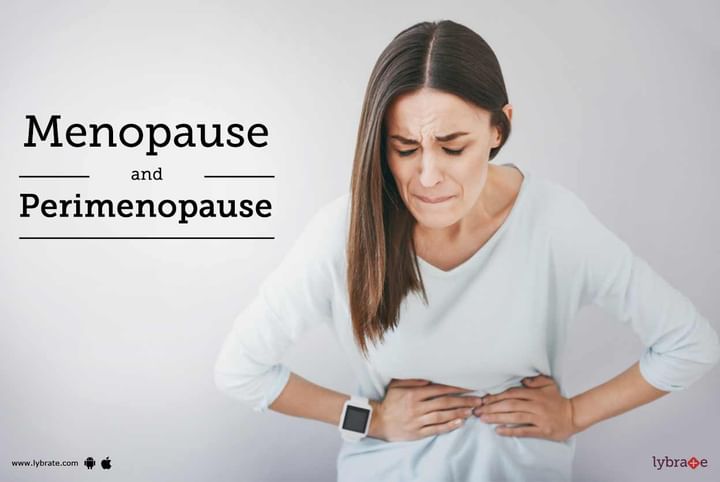Menopause and Perimenopause
The term menopause refers to the dearth of menstrual periods for a stretch of 12 months. Although the average age for women to attend menopause is 51 years, the range varies from 45 years to 55 years. It is this span of 10 years that is defined as perimenopause meaning “around menopause”. During this time, a hormonal shift affects the process of ovulation and menstrual cycle.
Common menstrual cycle changes during perimenopause:
While a normal menstrual cycle has a particular flowing pattern of progesterone and estrogen, perimenopause doesn’t show any such pattern. Spotting and irregular bleeding are often faced by women as a result. Other changes include very long or very short periods. There could be months when periods might not occur at all. Some other changes include sleep disturbances, urinary changes, night sweats, changes in sexual desire etc.
Abnormal bleeding-
Close to 25 percent of all women reports heavy bleeding during their perimenopause. Sometimes this condition is known as hypermenorrhea or flooding. The blood flow can be so heavy that even pads might not be able to contain it. Heavy bleeding might lead to anemia as well. At times there could be a feeling of faintness. If all these conditions prevail, it only indicates a loss in blood count. Some quick fix to excessive bleeding include intake of soup, thick juice etc. Intake of NSAID thrice a day also decreases the blood flow by a good 30-40 percent.
Prolonged bleeding is a bad sign and should not be ignored at any point. It is wise to visit a doctor or a healthcare professional to know more about the cause of bleeding. Doctors often suggest tests to understand the blood count and level of iron present in the body. Iron pills have been known to replace blood cells and fight anemia.
Other ways of treating heavy bleeding is progesterone therapy. If all else fails, a doctor might suggest hysterectomy. It is wise to explore a less invasive method before deciding to remove the uterus.
Hot Flashes-
A woman going through perimenopause bleeding often experiences hot flashes. This is a symptom where a woman might feel hot and sweaty all of a sudden. It is often followed by cold shivering.
Disturbance in Sleeping-
Approximately 20 percent of the women facing perimenopause reports sleep disturbances. Mostly, a woman goes to sleep at the right time but wakes up very early in the morning without getting any sleep throughout the day.
Vaginal Changes-
Excessive bleeding in the perimenopause phase can lead to vaginal walls becoming drier and thinner. There are instances where women report of wear and tear in the vagina walls leading to dissatisfaction during intercourse.



+1.svg)
